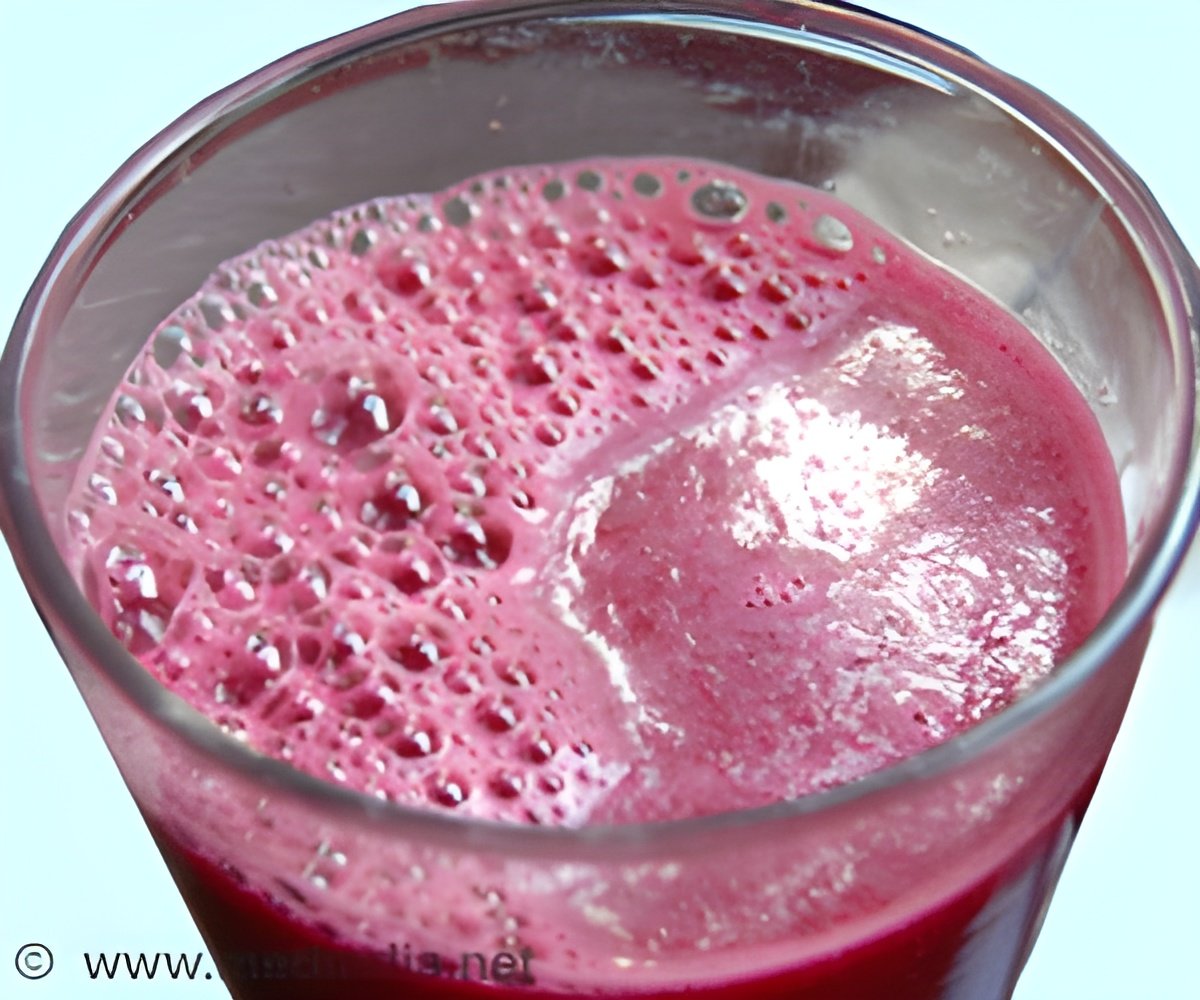The long-standing controversial nitrite hypothesis has been recently confirmed in a new research by scientists and has been reported.

As director of Wake Forest University's Translational Science Center, Daniel Kim-Shapiro, and others have conducted studies that look at how nitrite and its biological precursor, nitrate (found in beet root juice) can be utilized in treatments for a variety of conditions.
In a 2010 study, they were the first to find a link between consumption of nitrate-rich beet juice and increased blood flow to the brain.
The research showed that deoxygenated hemoglobin was indeed responsible for triggering the conversion of nitrite to nitric oxide, a process that affects blood flow and clotting.
Understanding how nitrite can improve conditions such as hypertension, heart attack and stroke has been the object of worldwide research studies. New research from Wake Forest University has potentially moved the science one step closer to this goal.
Kim-Shapiro said that they have shown the conversion of nitrite to nitric oxide by deoxygenated hemoglobin in red blood cells that reduces platelet activation, and this action has implications in treatments to reduce clotting in pathological conditions including sickle cell disease and stroke.
The main goal of the latest research, Kim-Shapiro said, was to determine how red blood cells perform these important signaling functions that lead to increased blood flow. The researchers used several biophysical techniques to measure NO production from nitrite and red blood cells and examined the mechanism of NO production.
Source-ANI
 MEDINDIA
MEDINDIA




 Email
Email










